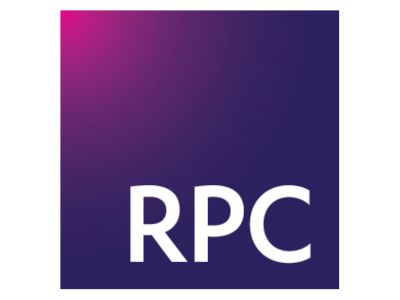The Unified Patent Court (UPC) Rules on public access were meticulously debated in the run-up to the UPC’s launch. As a court, its task first and foremost should be to provide justice, and justice should be transparent. Right?
This seemed to be the intention behind the UPC. The UPC Agreement provided that UPC proceedings “shall be open to the public.” Also, the UPC Rules of Procedure state, “written pleadings and evidence…shall be available to the public upon reasoned request.”
In that case, why have matters degenerated to the point where one firm (Mathys & Squire) has filed a test case challenging recent UPC orders that have refused access to documents filed during UPC litigation?
The test case has been brought in UPC litigation between Astellas and Healios. The UPC decisions being disputed were from the Munich Section of the UPC’s Central Division; one of the decisions was from the Astellas v. Healios case itself, and the other decision was in a different UPC action, Amgen v. Sanofi. It is worth looking at those two decisions in more detail.
In Astellas v. Healios, an anonymous applicant had requested that the UPC provide them with (amongst other things) written pleadings. In their reasons, the applicant stated that they wanted the documents for “education and training” purposes. The UPC, however, said that “education and training is not a legitimate reason” and that the request was also not “concrete and verifiable,” and rejected the request on those bases.
In Amgen v. Sanofi, another anonymous applicant had requested written pleadings and evidence because they were “of interest to one of the Applicant’s clients,” and, more generally, because the applicant wished to form an opinion on the validity of the patent in suit. Again, the UPC rejected the request. The judge held that the rules of procedure require that the applicant provide a legitimate reason to see the documents and that (most surprisingly) the desire to form an opinion about the validity of a patent in suit, even for personal and professional reasons, does not form a legitimate reason.
There is, however, a difference in approach between UPC divisions on this issue. In Ocado v. Autostore (before the Nordic-Baltic division of the UPC), another anonymous applicant requested pleadings, stating that they were “interested to see how the claim filed in the Nordic-Baltic division was framed,” and that “there is broader public interest in this information being made available for public scrutiny and discussion“. In that case, in that division, the UPC granted the applicant’s request, pointing out that the UPC Agreement states that UPC proceedings “shall be open to the public” and that a “credible explanation” is sufficient for access to documents. That is subject to confidentiality restrictions, of course. However, the UPC Rules of Procedure provide for parties to request confidentiality of documents, and in Ocado v. Autostore, none of the parties had requested confidentiality.
So, why is there this difference in approach between (in these cases) German and Nordic-Baltic UPC judges?
Perhaps clarification can be found in the German Civil Procedure Rules. These state, in the original German: “Dritten Personen kann der Vorstand des Gerichts ohne Einwilligung der Parteien die Einsicht der Akten nur gestatten, wenn ein rechtliches Interesse glaubhaft gemacht wird,” which translates roughly as “The Board of Directors of the court may only allow third parties to inspect the files without the consent of the parties if a legal interest is credibly demonstrated.” The strict requirement under German procedure for the applicant to demonstrate a “legal interest” seems far more stringent than the UPC’s positive position that pleadings and evidence shall be available upon “reasoned request.”
Could it be that at least the Munich Section of the UPC’s Central Division is applying a German standard to the new and different UPC rule?
In any case, in my view, the Nordic-Baltic division’s recent approach is closer to how things should be. In my view, a credible explanation is all that should be required, and citing the “broader public interest” can be enough of a credible explanation.

Written by Matthew Jones
Partner, RPC
You may also like…
Pravin Anand conferred with the APAA Enduring Impact Award
Pre-eminent IP Lawyer and Managing Partner of Anand and Anand, Mr Pravin Anand, has been conferred with the...
The quiet power of confidentiality clubs in SEP litigation
In standard essential patent (SEP) disputes, especially those involving FRAND (Fair, Reasonable, and...
A $10 million patent win reduced to a $1 lesson in damages
In a decision that will resonate as a stark warning to patent litigants, the US Court of Appeals for the Federal...
Contact us to write for out Newsletter














